The new OnePlus Watch 3 is a tough but stylish Android timepiece with added smarts
The Google-powered OnePlus Watch 3 is an elegant smartwatch with endurance, style and the latest sensor technology
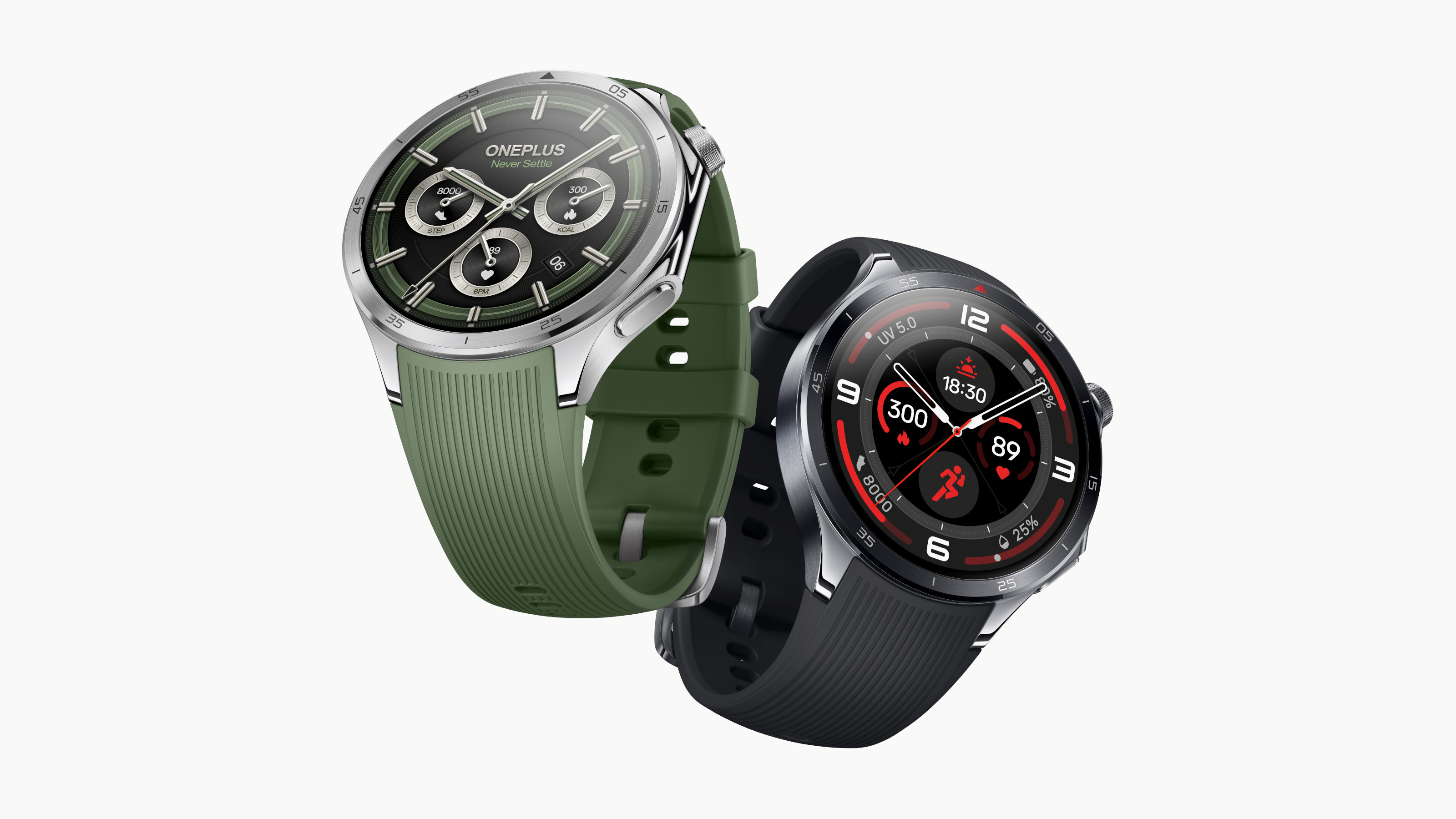
Android-based smartwatches continue to evolve in sophistication. The new OnePlus Watch 3 has now launched, a premium smartwatch that promises to deliver a raft of health-based data thanks to its advanced suite of sensors. Running Google’s Wear OS 5, the Watch 3 improves on its predecessor in terms of battery life and perceived quality, but I suspect the key selling point will be the ability yourself across a wide spread of activities.
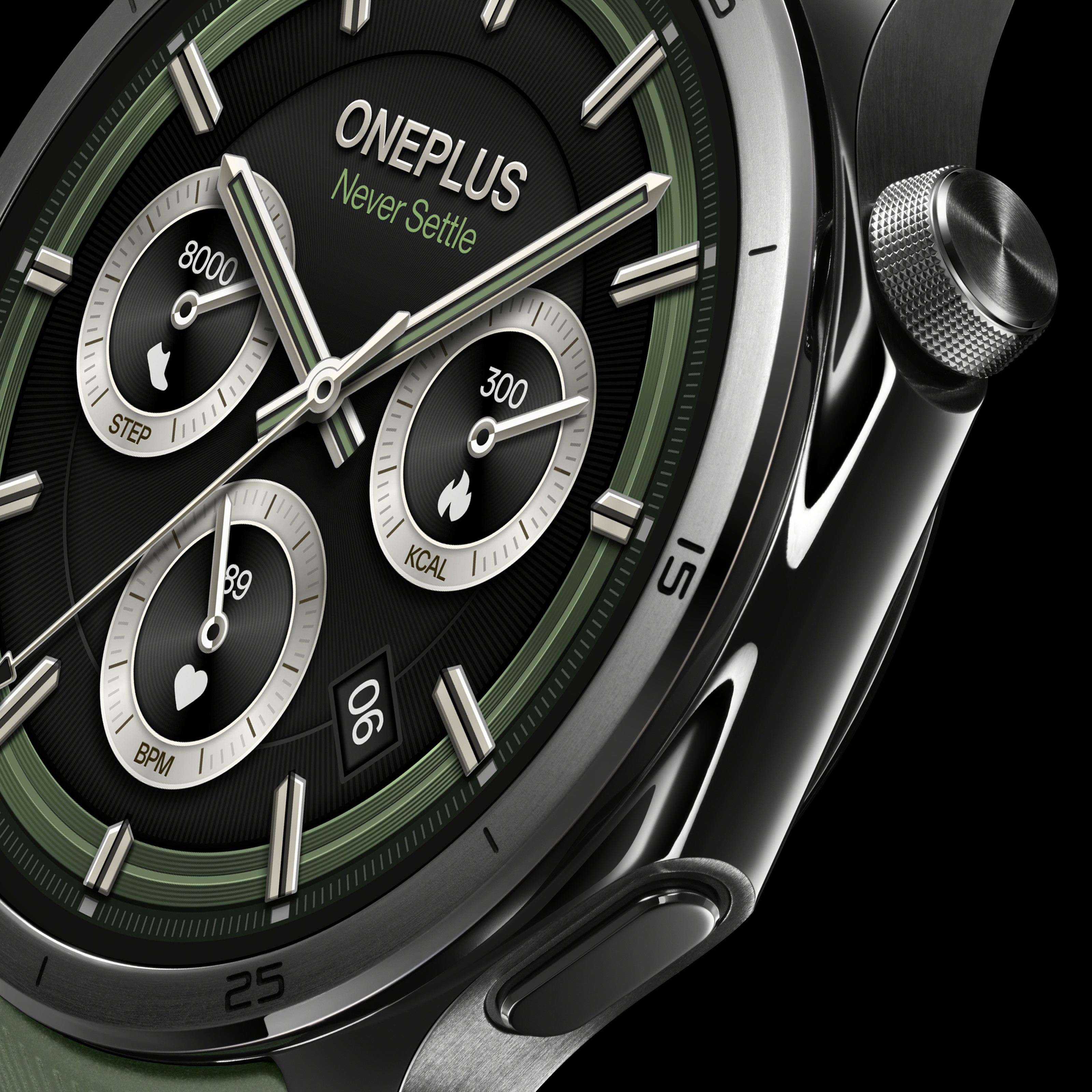
OnePlus offers a number of different watch faces
With two different finishes, Emerald Titanium and Obsidian Titanium, as well as a stainless-steel body, sapphire crystal display and titanium bezel, the Watch 3 is firmly focused on the higher end of the market.
In terms of price, it sits between the Apple Watch SE and Apple Watch Series 10, but although OnePlus offers a range of different strap designs it can’t compete with Apple’s suite of accessories.
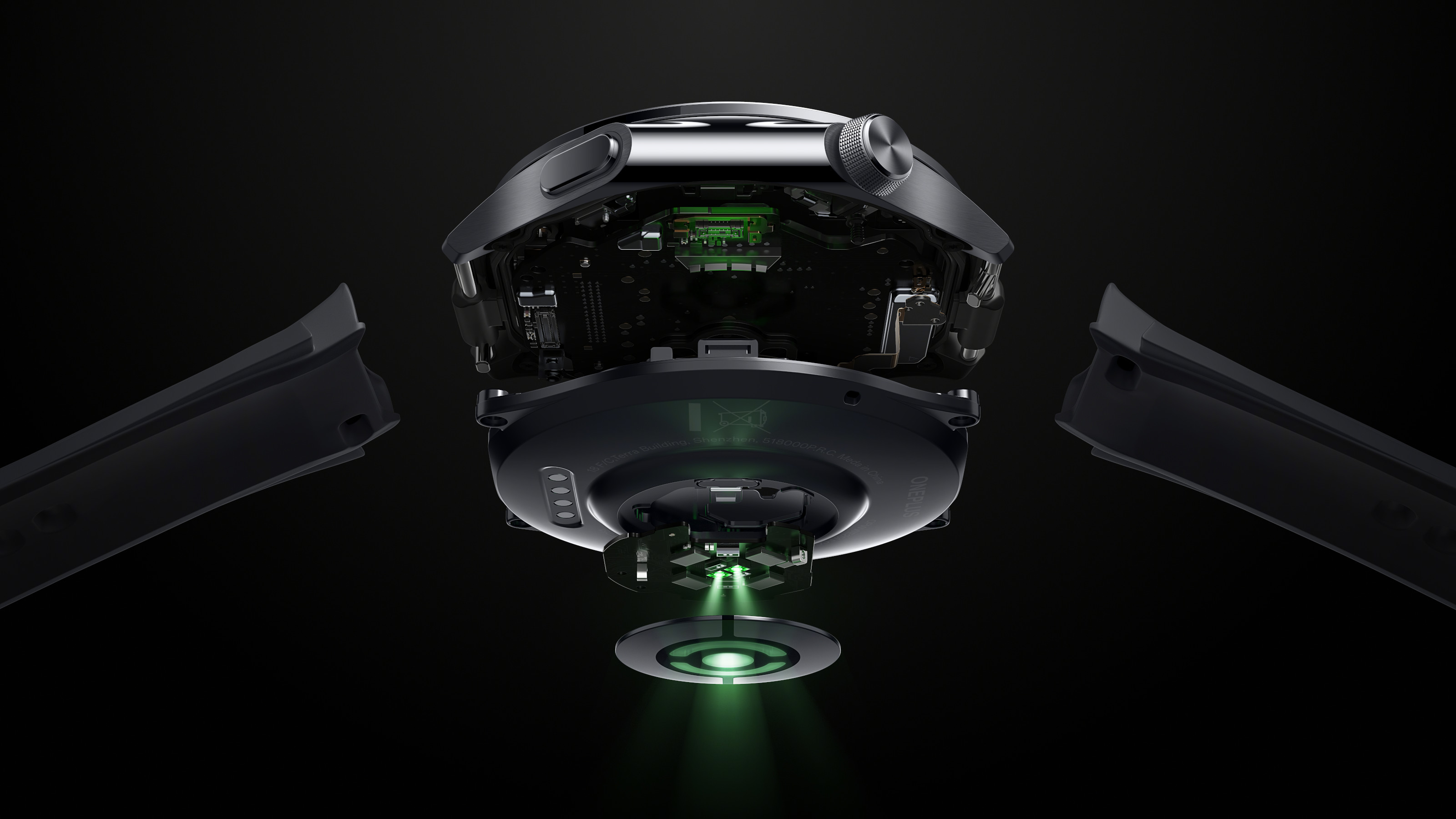
Inside the OnePlus Watch 3, showing the sensor set-up
In common with most Android smartwatches, the Watch 3 feels large on the wrist, especially smaller ones, although the device’s weight, metal case and thick rubber strap give it a pleasing feeling of solidity. Water resistance offers enough protection for swimming, although sea swimmers should ensure salt is washed off after each dip.
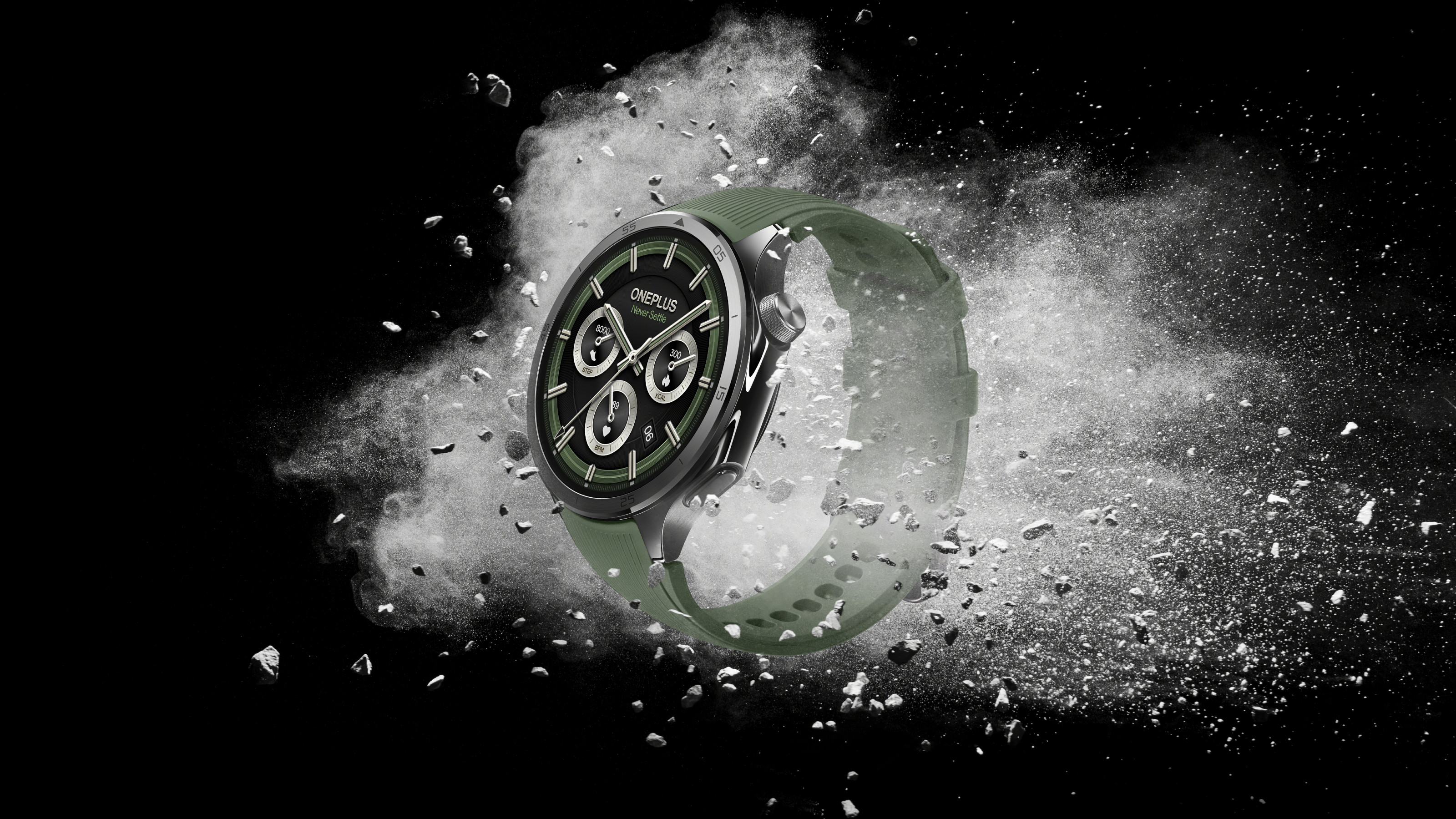
OnePlus Watch 3 is designed to be rugged
That toughness comes in handy when you consider the watch can support over 100 different sports modes, with a new GPS chip designed to make tracking more precise and accurate.
Supported sports include, according to the literature, running, walking, cycling, swimming, hiking, skiing, tennis, badminton, table tennis, soccer, basketball, boxing, and yoga. These days, simple location data isn’t enough, and the core of Watch 3 is its health tracking capabilities.

Inside the OnePlus Watch 3 are two new dedicated chips
While some medical professionals suggest you take the results offered by even the most sophisticated fitness devices with a grain of salt, OnePlus is pushing the role of its algorithmic blend of analysis that combines info from the various sensors, from the GPS to a photoplethysmography sensor that takes care of heart rate and blood flow through illuminating skin on the rest and calculating differences in the way light is absorbed.
Wallpaper* Newsletter
Receive our daily digest of inspiration, escapism and design stories from around the world direct to your inbox.

The OnePlus Watch 3 is a sophisticated sleep tracker
All of this data is parcelled up and analysed, with a couple of new one stop features to help you decode them. The first is 360 Mind and Body, which presents a continuously updated assessment of your mental state, based on your various metrics and activity levels.
If you’re dipping low, then there are relaxation programmes on offer. Happily, I was told my ‘mind and body are fully at ease’ most of the time, which correlated relatively well with reality during the time of test.
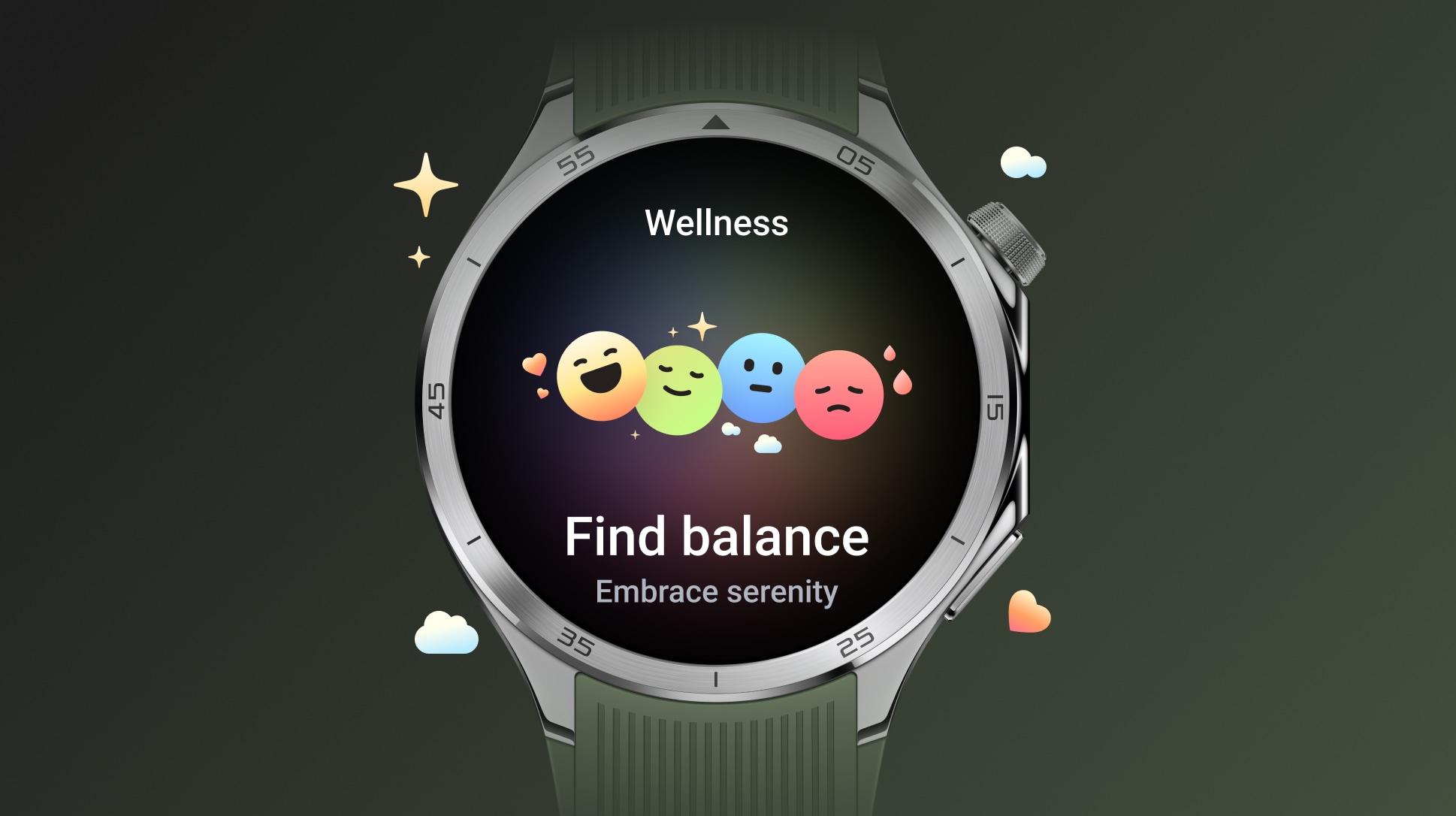
OnePlus is emphasising the wellness-aiding functionality of the Watch 3
Fitness enthusiasts with a yen for more data will find much to dig into here. Another innovation is the 60S Health Check-In, which gives you a ‘detailed health report’ in just under a minute thanks to a side finger sensor. This flagged a ‘low risk of arterial stiffness’, the cure for which seemed to be to live, eat and sleep a little bit better.
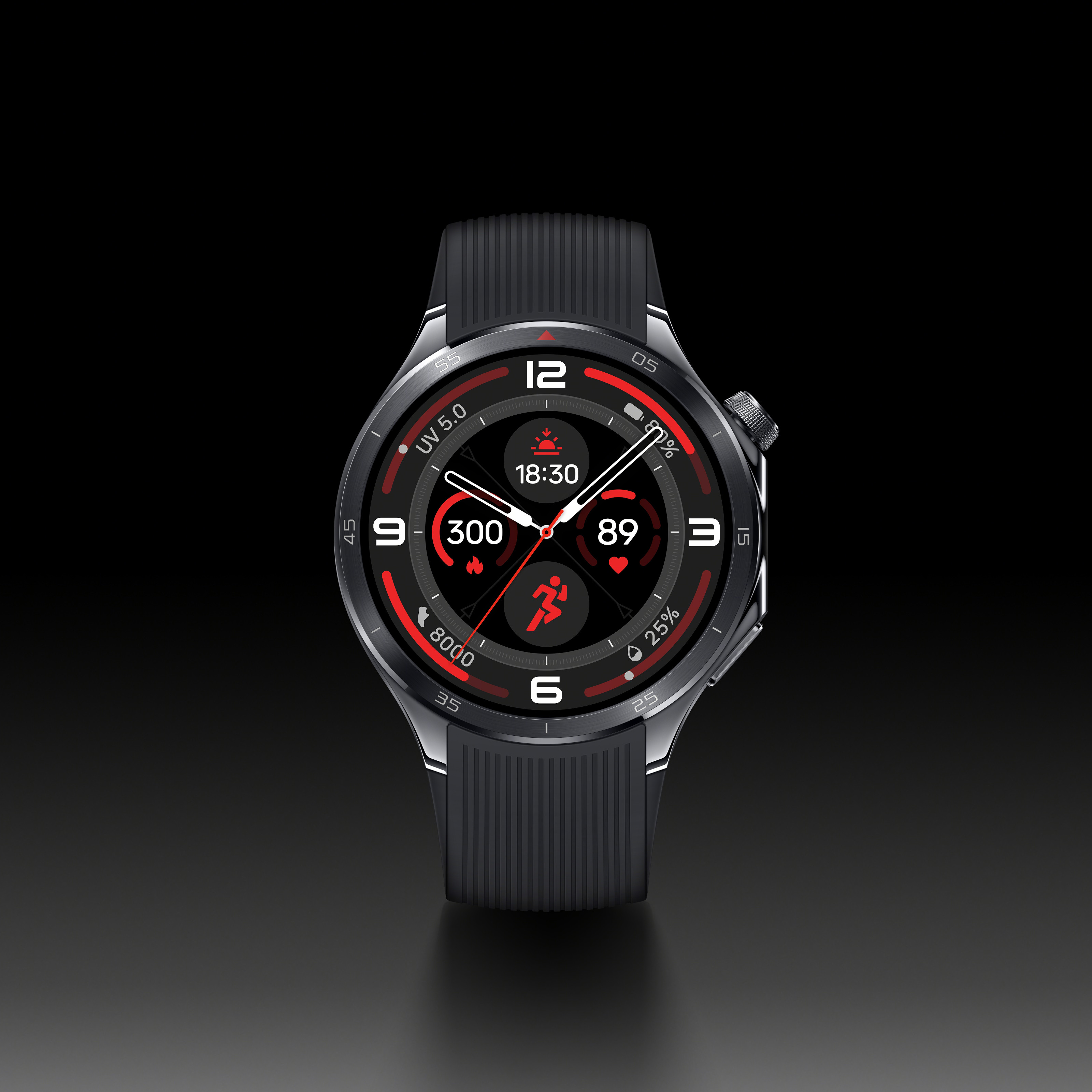
OnePlus Watch 3 in black
As I said, a wristwatch, however smart, is no substitute for a proper medical exam. Despite the sophistication of OnePlus’s technology and the quality of its packaging, the Watch 3 still has functionality that still hasn’t been signed off: the electrocardiogram function won’t be online until Q3 of this year.
Health concerns aside, the Watch 3 works exceptionally well. There’s a good selection of clean, minimal dials, some with added skeuomorphic cogs and springs for the more literal minded. Battery life is also pretty impressive, with a ‘power saver’ mode that offers over two weeks of use. In regular, everyday use you should get five days out of the watch and those who can’t keep their hands off the apps and screen will see at least three days of power. A day’s worth of battery power can be added in 10 minutes of charge time.
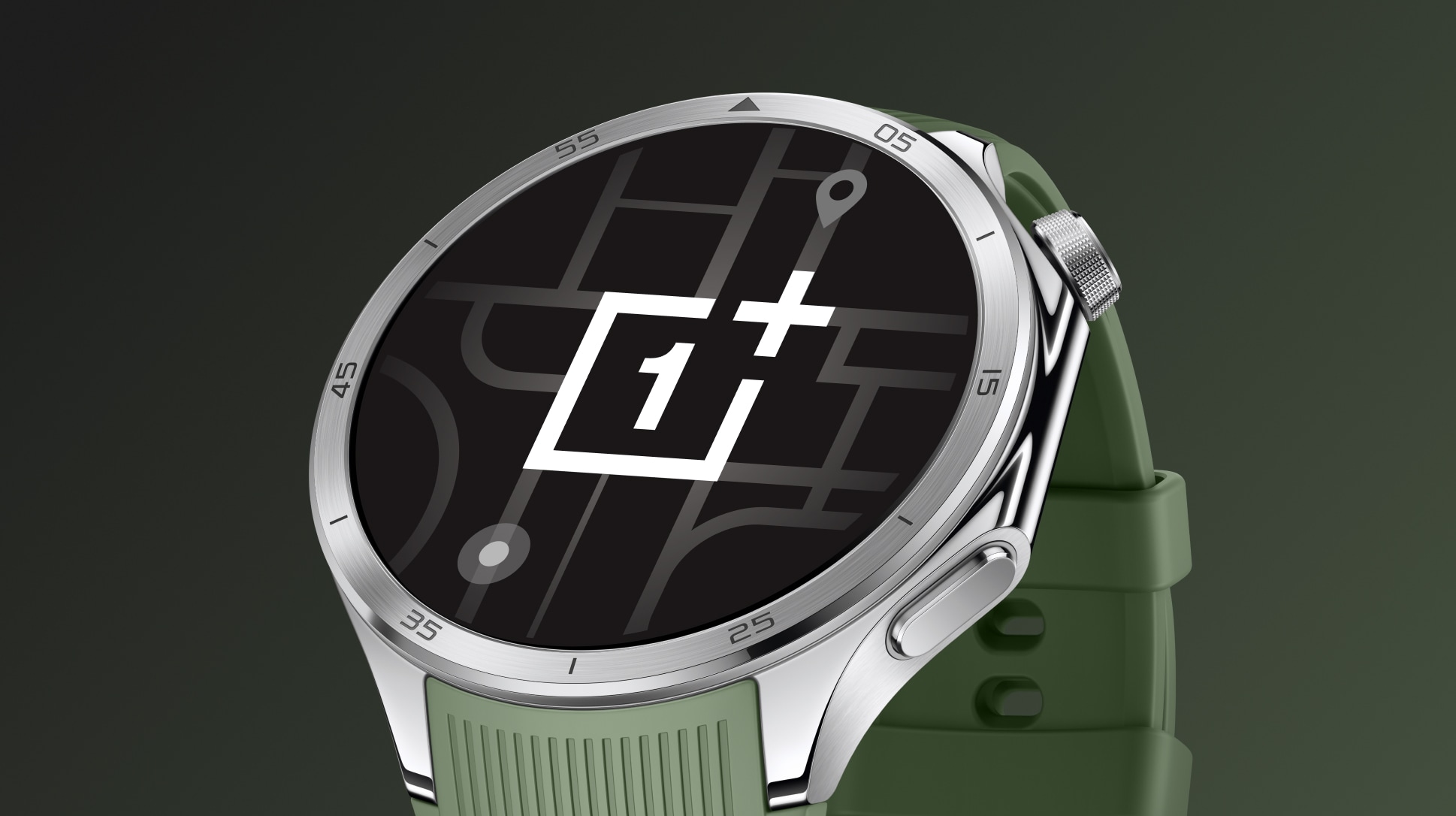
Google's Wear OS has many navigation apps
Google’s Wear OS 5 offers cut down but capable versions of many key apps, from Gmail to Citymapper, along with streaming services and Google Wallet for payments and boarding passes. All of these can be accessed via the new rotating crown, which adds another layer of control for scrolling and selecting.
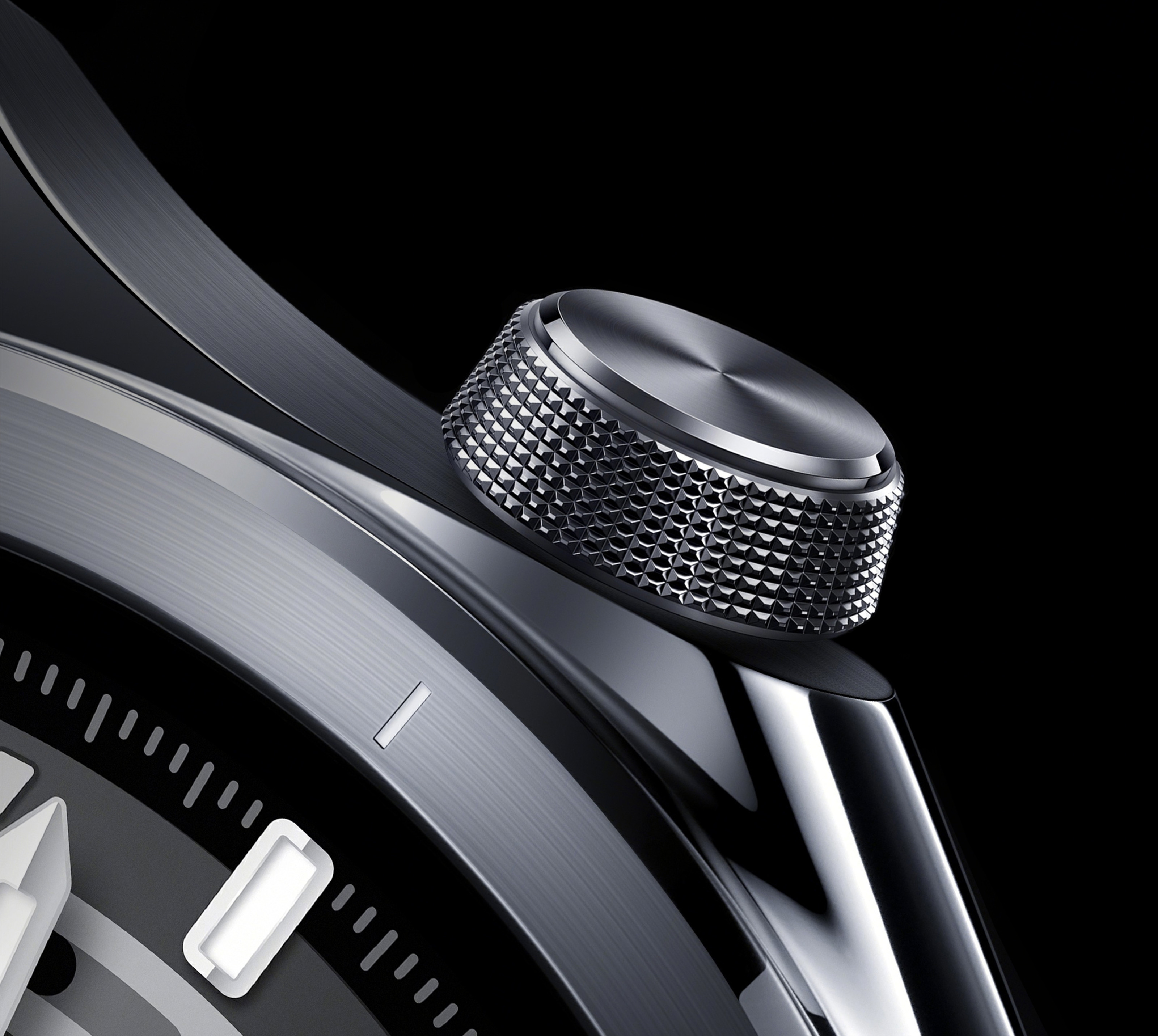
The new rotating crown on the OnePlus Watch 3
All in all, the OnePlus Watch 3 impressed, especially its seamless Android integration, long battery life and raft of sensors. Time will tell as to whether smartwatches can fulfil their promise of highly accurate health monitoring. For now, if you’re active, data driven and in search of a smartwatch, Watch 3 makes a compelling case.
OnePlus Watch 3, £319. Additional watch straps are £34.99, and charging base is £29.99, OnePlus.com, @OnePlus_Europe
Jonathan Bell has written for Wallpaper* magazine since 1999, covering everything from architecture and transport design to books, tech and graphic design. He is now the magazine’s Transport and Technology Editor. Jonathan has written and edited 15 books, including Concept Car Design, 21st Century House, and The New Modern House. He is also the host of Wallpaper’s first podcast.
-
 In search of a seriously-good American whiskey? This is our go-to
In search of a seriously-good American whiskey? This is our go-toBased in Park City, Utah, High West blends the Wild West with sophistication and elegance
By Melina Keays Published
-
 Esperit Roca is a restaurant of delicious brutalism and six-course desserts
Esperit Roca is a restaurant of delicious brutalism and six-course dessertsIn Girona, the Roca brothers dish up daring, sensory cuisine amid a 19th-century fortress reimagined by Andreu Carulla Studio
By Agnish Ray Published
-
 Bentley’s new home collections bring the ‘potency’ of its cars to Milan Design Week
Bentley’s new home collections bring the ‘potency’ of its cars to Milan Design WeekNew furniture, accessories and picnic pieces from Bentley Home take cues from the bold lines and smooth curves of Bentley Motors
By Anna Solomon Published
-
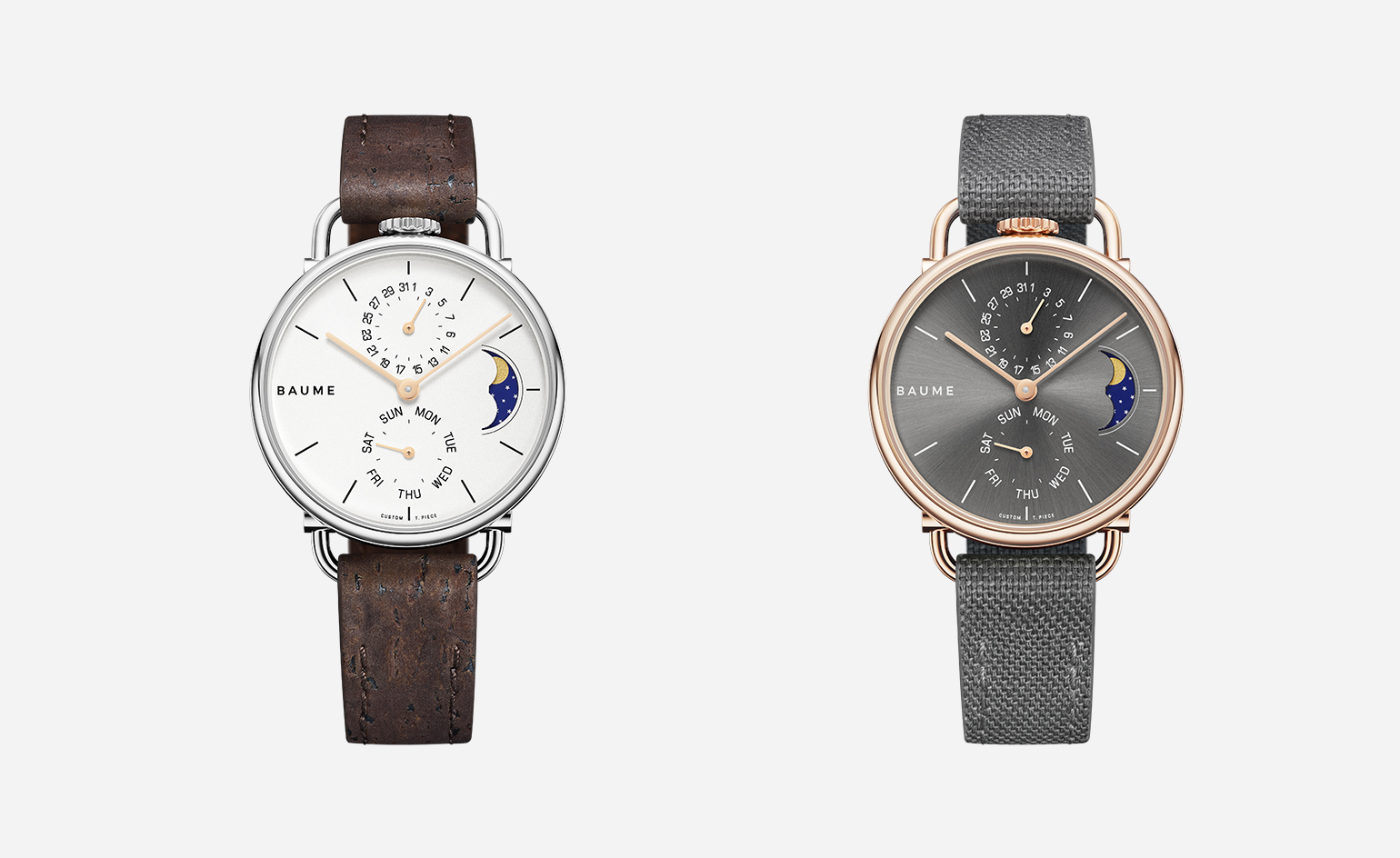 Meet Baume: the future-proof watch brand making sustainable design good for business
Meet Baume: the future-proof watch brand making sustainable design good for businessBy Elly Parsons Last updated
-
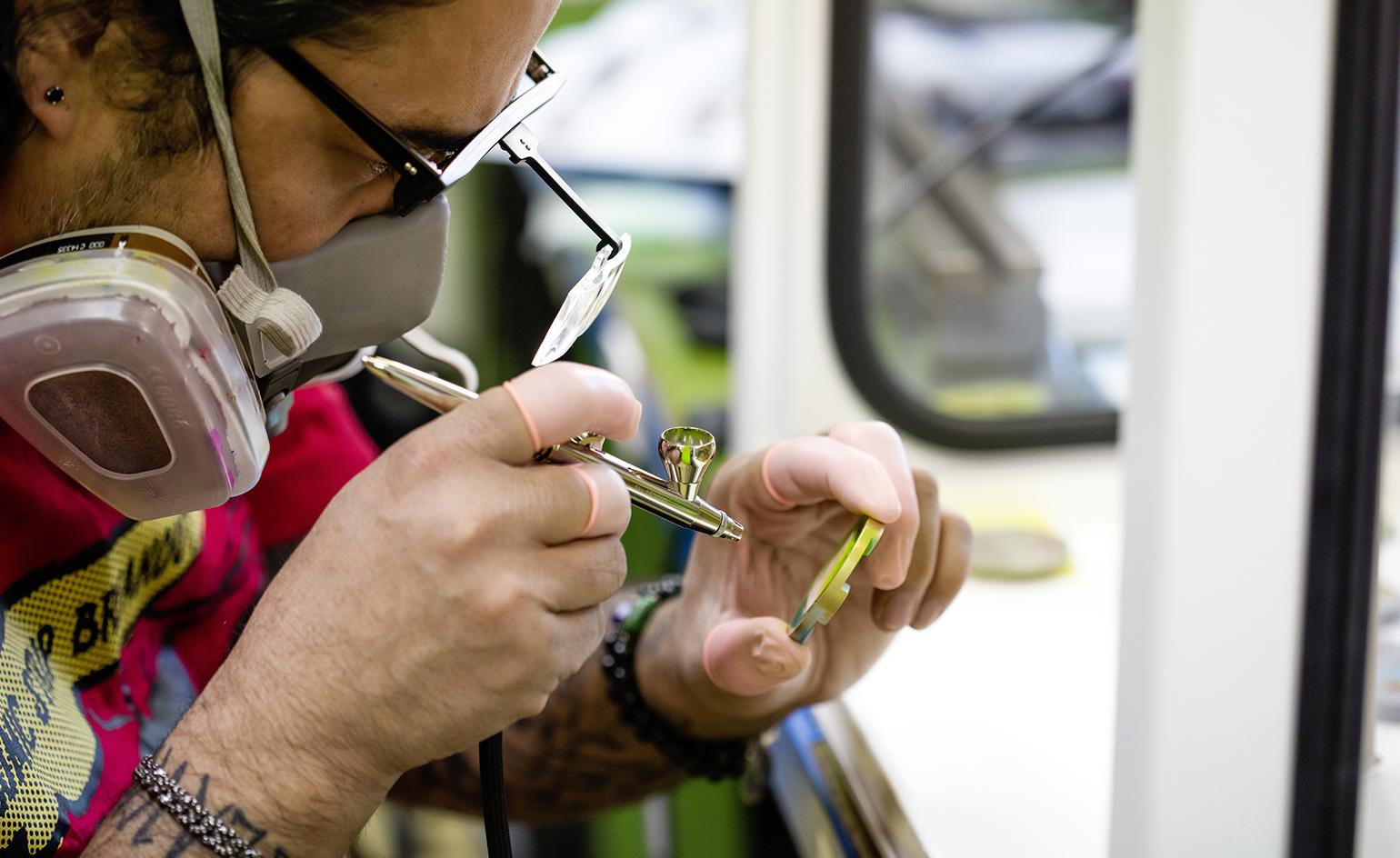 Playing tag: Kongo’s riot of colour for Richard Mille
Playing tag: Kongo’s riot of colour for Richard MilleBy Ken Kessler Last updated